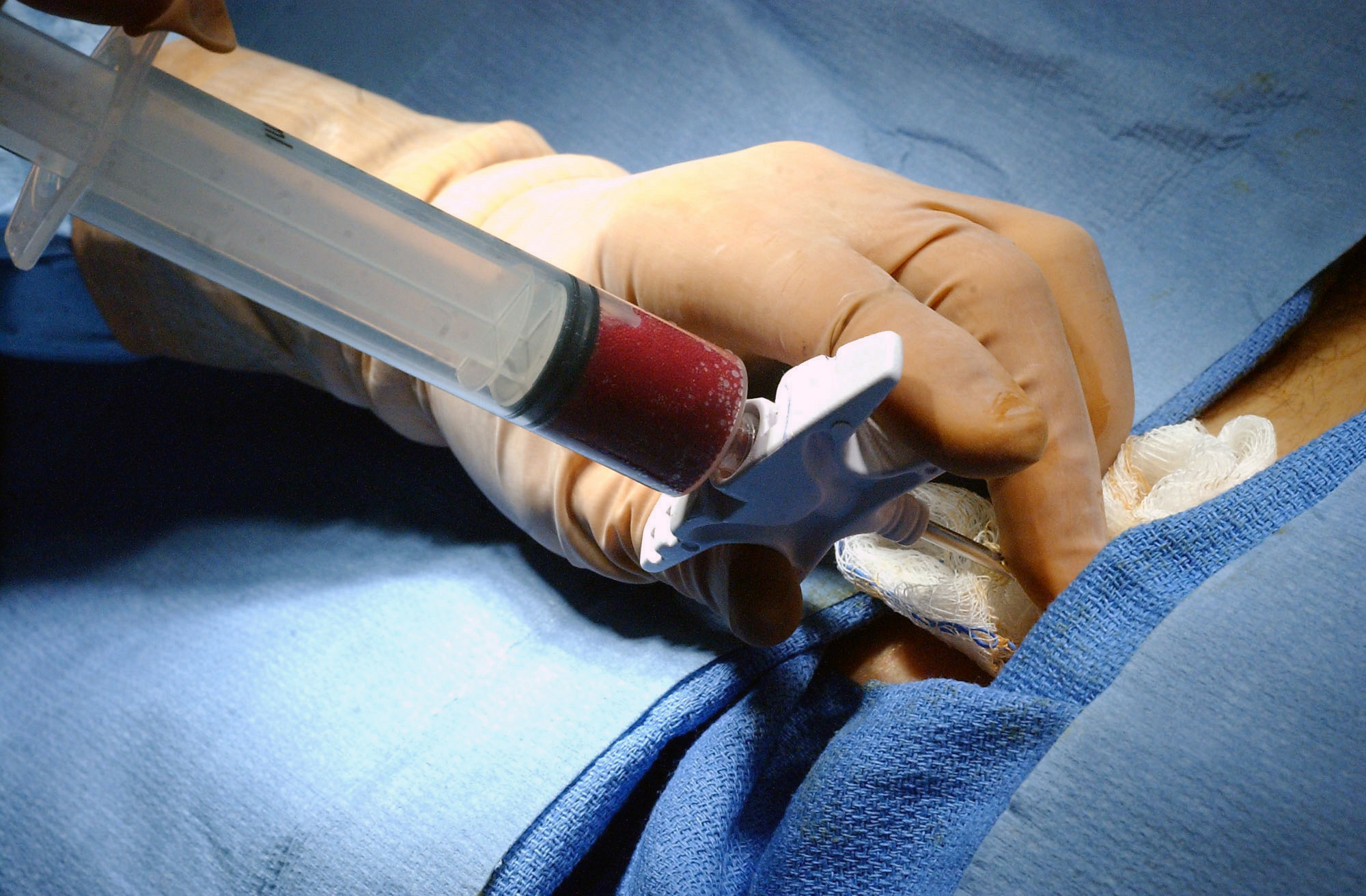| drug name | Allogeneic Stem Cell Transplantation |
| classification | Treatment for hematological malignancies, immune deficiencies, and other severe conditions. |
| pharmacokinetics | Not applicable in the traditional sense. Pharmacokinetics describes how a *drug* is processed by the body. Allogeneic stem cell transplantation involves the transfer of stem cells from a donor to a recipient. The recipient's immune system is suppressed to allow the donor cells to engraft. There is no single drug, but multiple immunosuppressants, and chemotherapy, which have pharmacokinetic profiles that must be considered and monitored in the recipient. |
| suggested dosage | Not a single dose. The dosage and regimen are highly individualized, determined by the specific disease, the donor type, the recipient's condition, and other factors. It involves a multi-stage treatment plan requiring precise monitoring and adjustments. It is impossible to give a general dosage without specific patient details. |
| indications | Severe hematological malignancies (e.g., leukemia, lymphoma, myeloma), certain immune deficiencies, some non-malignant diseases like severe aplastic anemia, and other conditions requiring bone marrow replacement. |
| safety in pregnancy | Absolutely contraindicated. Both the donor and recipient must undergo rigorous evaluation, and the transplantation itself poses numerous risks to a developing fetus and the pregnancy. |
| safety in breastfeeding | Contraindicated. The potential for complications in both the mother and child is too great. Breastfeeding is generally postponed until after the transplantation process is complete and the patient is deemed stable and free from possible complications and/or medications that could affect breast milk. |
| side effects | | 1 | Graft-versus-host disease (GVHD): A serious complication where the donor cells attack the recipient's tissues. | | 2 | Infection: Impaired immunity increases the risk of opportunistic infections. | | 3 | Bleeding disorders: Suppression of the immune system can affect blood clotting. | | 4 | Nausea, vomiting, diarrhea: Common side effects of chemotherapy and other medications used in the conditioning regimen. | | 5 | Fatigue and weakness: Common due to the overall stress of the transplantation and treatment. | | 6 | Hair loss: Potential side effect of chemotherapy. | | 7 | Anaphylaxis (allergic reaction): May occur related to the administration of medications. | | 8 | Infertility: Potentially long-term side effect. | | 9 | Cardiovascular complications: May result from the treatment regime. |
|
| alternatives | |
| contraindications | | 1 | Lack of a suitable donor | | 2 | Active, uncontrolled infections | | 3 | Unstable medical conditions (e.g., heart failure) | | 4 | Inability to tolerate the conditioning regimen | | 5 | Pregnancy |
|
| interactions | Multiple drugs used in conditioning and immunosuppression can interact. The complexity of the treatment necessitates close monitoring by a specialist team. |
| warnings and precautions | | 1 | Requires specialized care by a transplant team, and inpatient care may be needed. | | 2 | Significant risk of serious complications. Close monitoring of the recipient is essential. | | 3 | Long-term follow-up is necessary. | | 4 | Psychological support may be beneficial to address the emotional impact of the procedure. |
|
| additional informations | Allogeneic stem cell transplantation is a complex and potentially life-saving procedure. The decision to pursue this treatment should be made after careful consideration of risks and benefits and in consultation with a hematologist-oncologist specializing in transplantation and the patient's support team. |
| patient details | |
